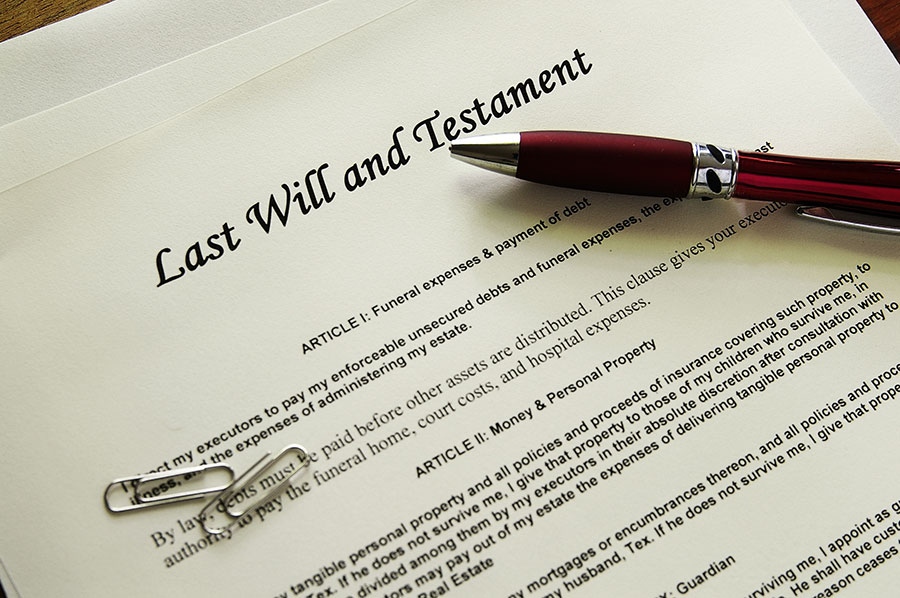Estate Administration
Administer A Loved One's Estate With Confidence
Addressing all the legal aspects after a death in the family is difficult. It is common for surviving family members to feel overwhelmed by the many challenges.
If you’ve been appointed administrator of a New Jersey estate and you are unfamiliar with the required procedures, forms, and general responsibilities, help is available. We are an experienced estate law firm and can guide you through the estate administration process to ensure that you are able to fulfill your duties. You should contact an attorney as soon as possible after the deceased passes away, so you have the benefit of knowledgeable guidance from the beginning and can be certain that you are aware of important responsibilities and deadlines.
Preliminary Duties of the Administrator
Shortly after the deceased’s passing, the administrator is charged with gathering necessary documentation, contacting potential beneficiaries, and opening the estate. This process includes:
- Locating the will
- Obtaining a death certificate
- Filing papers with the probate court
- Identifying next of kin and possible heirs
- Notifying all interested parties such as beneficiaries
- Determining whether the deceased had life insurance or is entitled to death benefits from any other source
- Claiming any available benefits
- Transferring bank accounts to the estate
- Identifying and gathering assets
- Determining any outstanding debts
Management of the Estate
Once the estate is open, assets have been identified and beneficiaries have been notified, the administrator’s role shifts to management and accounting duties. The administrator is required to responsibly manage the estate for the benefit of the heirs, and may be personally liable if he or she fails in that duty.
These duties include:
- Creating an inventory of assets
- Determining the value of assets, including arranging for appraisal if necessary
- Maintaining assets as needed, including making mortgage and insurance payments, providing for necessary maintenance or storage, and otherwise protecting the value of assets
- Hiring a manager to keep the deceased’s business running, or manage the liquidation of the business
- Assessing validity of claims against the estate and settling debts
- Keeping a detailed record of estate accounts and transactions
- Calculating taxes due, filing returns and making payments
- If necessary, liquidating estate assets to pay expenses of administration, taxes, and other costs
Distribution of Assets
The final stage of probate administration is to distribute the assets that remain after settlement of debts and payment of costs of administration. Like many aspects of estate administration, distribution of assets may be more complicated than anticipated. For example, the deceased’s will may simply have devised property by percentages, but the administrator would be responsible for determining which property to distribute to whom, or for deciding which assets to sell in order to make cash bequests or make distributions in appropriate shares. This process may include:
- Determining who is entitled to distributions and in what proportion
- Making specifically-listed distributions when possible after paying debts and costs
- Selling assets as needed to make distributions under the will possible
- Preparing an accounting for the probate court

Let Us Know How We Can Help
Turp, Coates, Driggers & White is here to answer your questions and provide the help you are looking for in estate administration. We serve all of New Jersey. Call (609) 448-0016 to request a consultation with an attorney at your convenience.
Turp, Coates, Driggers & White
170 South Main St
Hightstown, NJ 08520
p: (609) 448-0016
f. (609) 448-0127
